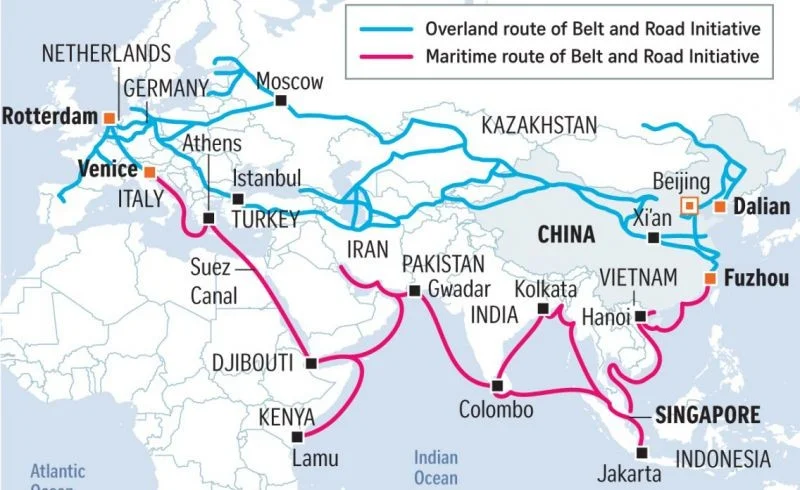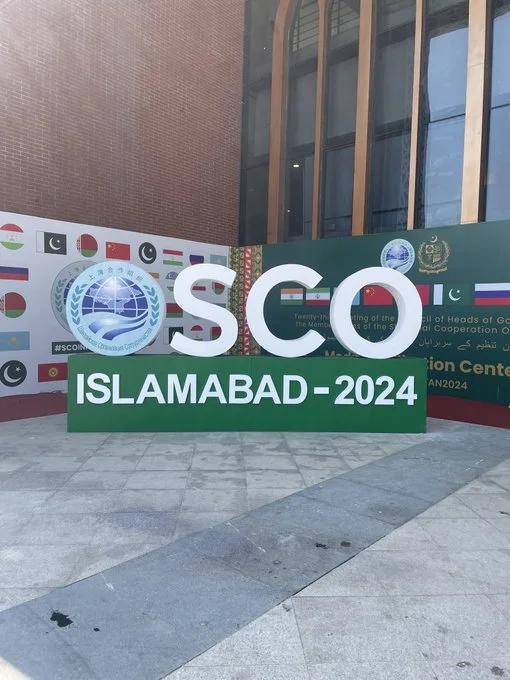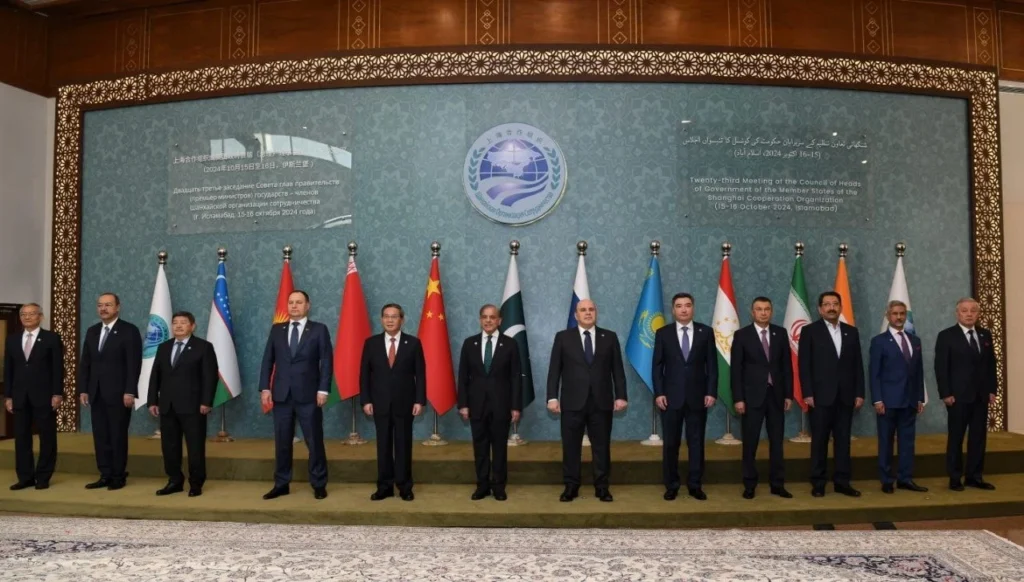The Shanghai Cooperation Organisation (SCO) has long been viewed as a strategic hub for regional cooperation. It has evolved significantly under the leadership of China and Russia, representing a move toward a multipolar world order. Afghanistan’s Strategic Role in the SCO is particularly significant as the region grapples with security, trade, and political inclusivity. The latest summit in Islamabad has further cemented the SCO’s role in shaping the future of the Eurasian region. This is especially true with countries like Afghanistan in mind.
Afghanistan’s Strategic Role in the SCO
Afghanistan, while not in attendance due to diplomatic complications, remains a crucial player for the SCO’s long-term goals. Its geographical location offers immense potential for trade, transit, and energy corridors. These corridors could link South Asia with Central Asia and beyond. The outcomes of this year’s SCO summit indicate that Afghanistan’s stability is key for regional connectivity projects. One such project is China’s Belt and Road Initiative (BRI). This initiative would rely heavily on secure routes through Afghanistan to expand trade between East and West.

Call for Global Support
Pakistan’s Prime Minister Shehbaz Sharif, addressing the summit today, emphasized Afghanistan’s critical role: “A socio-economically stable Afghanistan can offer all Member-States viable and economically beneficial trade and transit routes for better connectivity.” Afghanistan’s position may be sidelined now, but it remains crucial to regional progress.
Shahbaz Sharif’s call for global assistance to Afghanistan underscores the need for international action: “The international community must extend the needed assistance to help the Afghan Interim Government stave off the humanitarian crisis and prevent an economic meltdown.” However, he also stressed the need for internal reform.
![Pakistan's Prime Minister Shehbaz Sharif addressing the Shanghai Cooperation Organisation summit in Islamabad on Wednesday. [AFP]](https://pkafgyouthforum.com/wp-content/uploads/2024/10/GaAwMu4X0AEBVnM.webp)
Also See: SCO Summit: A Strategic Regional Gain for Pakistan
Afghanistan’s Path to Opportunity
The SCO’s broader goals emphasize connectivity through infrastructure development, energy cooperation, and enhanced trade, which present enormous opportunities for Afghanistan if it can align itself with these regional ambitions.
Despite its current isolation, the SCO still views Afghanistan’s involvement as essential for achieving its vision of a more connected and economically prosperous Eurasia.
![This handout photograph taken on October 16 shows Pakistan’s Prime Minister Shehbaz Sharif addressing the Shanghai Cooperation Organisation summit, in Islamabad. [AFP]](https://pkafgyouthforum.com/wp-content/uploads/2024/10/GaAwaiOWAAAyvdY.webp)
Pathway to Integration
The summit concluded with renewed emphasis on regional cooperation, security, and economic growth. The message for Afghanistan is one of potential—though its political leadership must navigate carefully to integrate into the framework that could benefit its people.
The SCO’s call for humanitarian assistance and stability in Afghanistan underscores that the door remains open for the country to reclaim its role in this multipolar regional order.

Afghan leaders need to rethink their approach. To benefit from the SCO’s plans for regional growth and connectivity, they must focus on stability and reforms. The region is ready to engage, but Afghanistan’s future depends on its actions to align with these broader goals.
![Members of a Taliban delegation, led by chief negotiator Mullah Abdul Ghani Baradar (Center, front), walk before a meeting with Afghan senior politicians in Moscow, Russia May 30, 2019. [Reuters]](https://pkafgyouthforum.com/wp-content/uploads/2024/10/GaAwyGGWEAAs3V0.webp)
PAYF Insights are social media threads by various authors, reproduced here for wider consumption.



